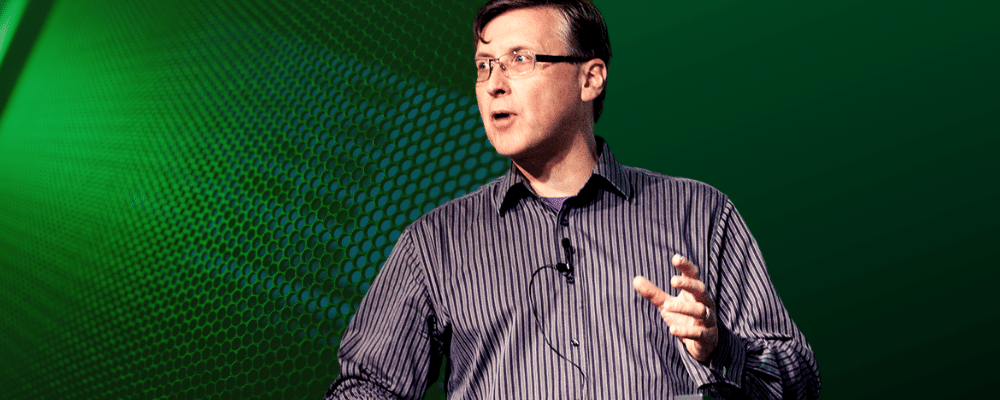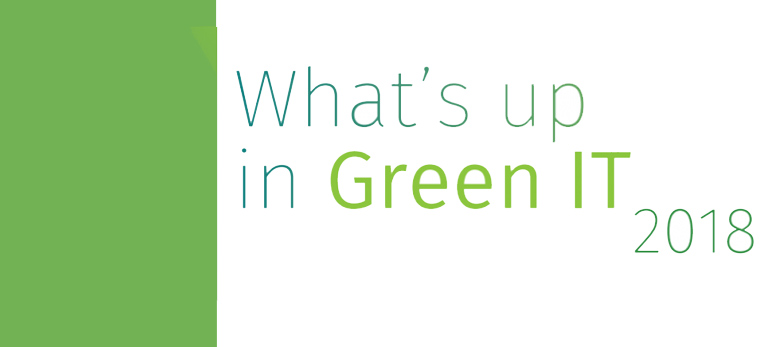
ICT Players Learn Tools and Services for Energy Management
Energy bills and carbon emissions in Europe are increasing due to the high use of ICT equipment and services. But, with a wise energy and environmental efficiency strategy, savings up to 15% of global emissions can be made by 2020! It’s crucial for Europe become sustainable in their ICT.
ICTFOOPRINT.eu is raises awareness about sustainable ICT and helping ICT sector make the most of the benefits which wise energy management brings like higher energy efficiency and less energy costs
On 20th October, ICT players attended the 2nd ICTFOOTPRINT.eu webinar, getting to know several ICT tools and services for energy management, which help them decreasing the energy consumption of ICT equipment. This allows lower costs in energy bills and even higher levels of ICT performance efficiency.
Jaak Vlasveld (Director of GreenIT Amsterdam) and Rabih Bashroush (Coordinator of Eureca project), are both energy experts with a wide experience on energy efficiency in ICT. They gave valuable pragmatic information about energy efficiency in ICT with high potential to benefit ICT players, without compromising the performance of their ICT equipment, especially in data centres.
Sources of Energy Loss
It is common that only 1% of the energy is used by the CPU’s equipment, compared to the amount of energy that has to be generated so the equipment can work.

And many times servers are using only 10% or 15% of their full capacity, meaning that energy waste is unacceptably high. Many are the reasons why ICT equipment are inefficient but there are many ways to fight against this “energy loss chain”!
Sustainable ICT is crucial for world’s sustainability!
How to procure and manage sustainable ICT?
Jaak Vlasveld explained how to achieve energy efficiency gains without impacting performance and stability of ICT, thanks to sustainable ICT approaches.
- Energy Efficiency from hardware & software: If you monitor energy consumption, it is possible to decide where optimisation must be applied. SEFLab, from Greening the Cloud Project, created sensor technologies which can measure the individual energy used by software running on each individual server component, decreasing the overall energy consumption.
- Doing experiments on energy consumption: Doing different experiments and analysing energy consumption is a way to identify where energy savings can be achieved. One example showcased allowed savings of 25% thanks to this approach, while another allowed savings of 46%.

- High energy savings from processor’s optimization: Applying Demand Based Switching technology, where a processor automatically reduces its clock speed during limited utilisation, allows electricity savings around 20%, without affecting the equipment’s performance.
- Equipment’s Consolidation is an option as well: Energy gains can come from consolidation of existing servers without buying more modern servers with better power performance. Servers’ consolidation, together with the virtualisation of the hardware where applications are hosted can allow savings of up to 50%.
High Energy Savings potential from Public Procurement
Public sector has a big potential for energy savings in his hands!
- £90 million was the annual UK Universities ICT electricity bill in 2012, where 60% was due to servers.
- European Public sector spends 19% of its GDP on Energy bills (€2.200 Billions).
- Data centres are responsible for 3% of global electricity supply and for 2% of total greenhouse gas emissions (the same carbon footprint as the airline industry).
According to Rabih Bashroush, there are many challenges for the Public sector to improve their energy efficiency, one of them being the lack of technical expertise.
The Eureca project supports the public sector by:
- Helping them identify energy savings opportunities.
- Providing an easy-to-use online tool, focused on data centres, to guide, train and support with a customised report, highlighting energy savings opportunities and relevant areas of the EU Code of Conduct that can be applied.
- Organising training and networking sessions on data centres energy efficiency targeting data centre managers, procurers, and policy makers.

Become energy efficient in the easiest way possible!
- Download the Webinar's slides and visit the webinar page
- See all ICTFOOTPRINT.eu Webinars
- See "Tools and Services" Webinar video below




 © 2018 ICTFOOTPRINT.eu – ICTFOOTPRINT.eu has received funding from the European Commission’s Horizon 2020 research and innovation programme under the Grant Agreement no 690911. The content of this website does not represent the opinion of the European Commission, and the European Commission is not responsible for any use that might be made of such content.
© 2018 ICTFOOTPRINT.eu – ICTFOOTPRINT.eu has received funding from the European Commission’s Horizon 2020 research and innovation programme under the Grant Agreement no 690911. The content of this website does not represent the opinion of the European Commission, and the European Commission is not responsible for any use that might be made of such content.